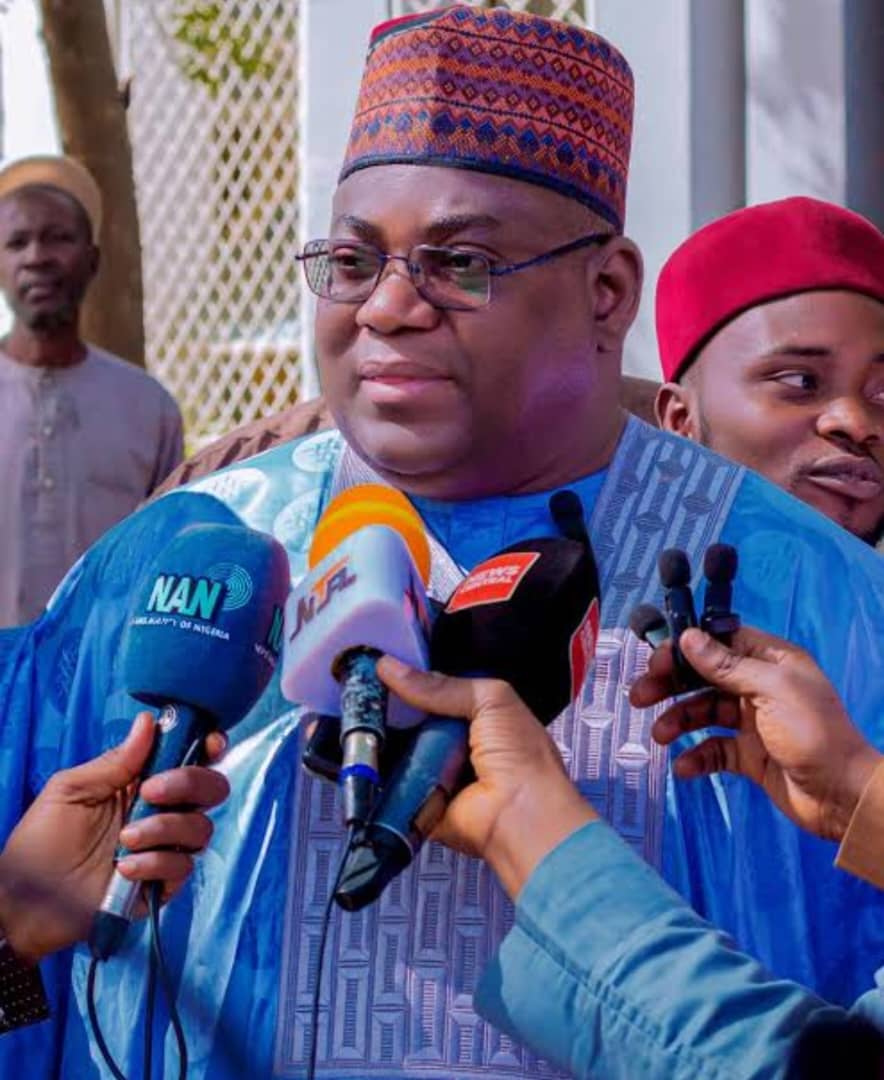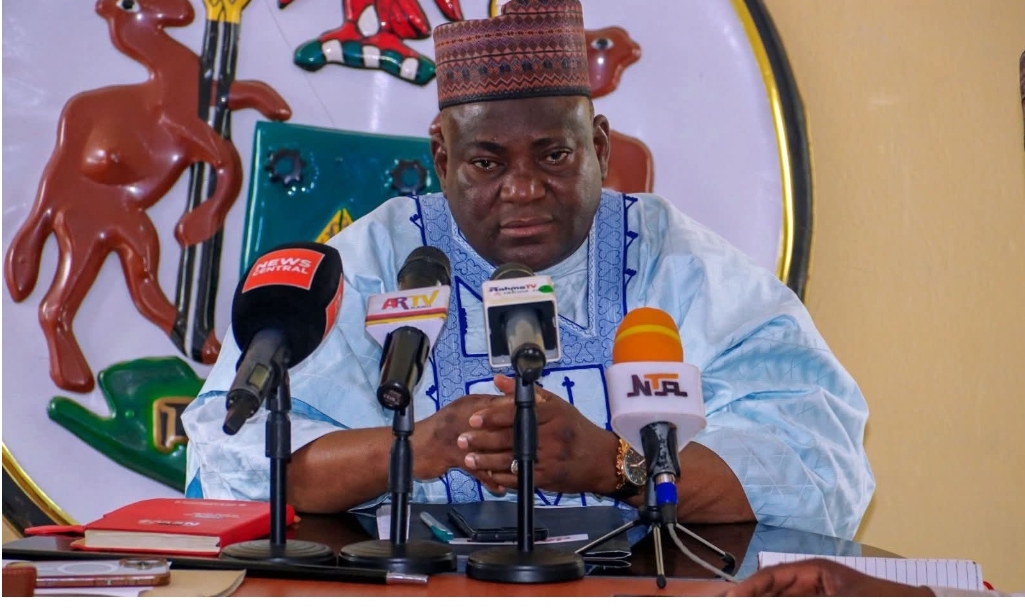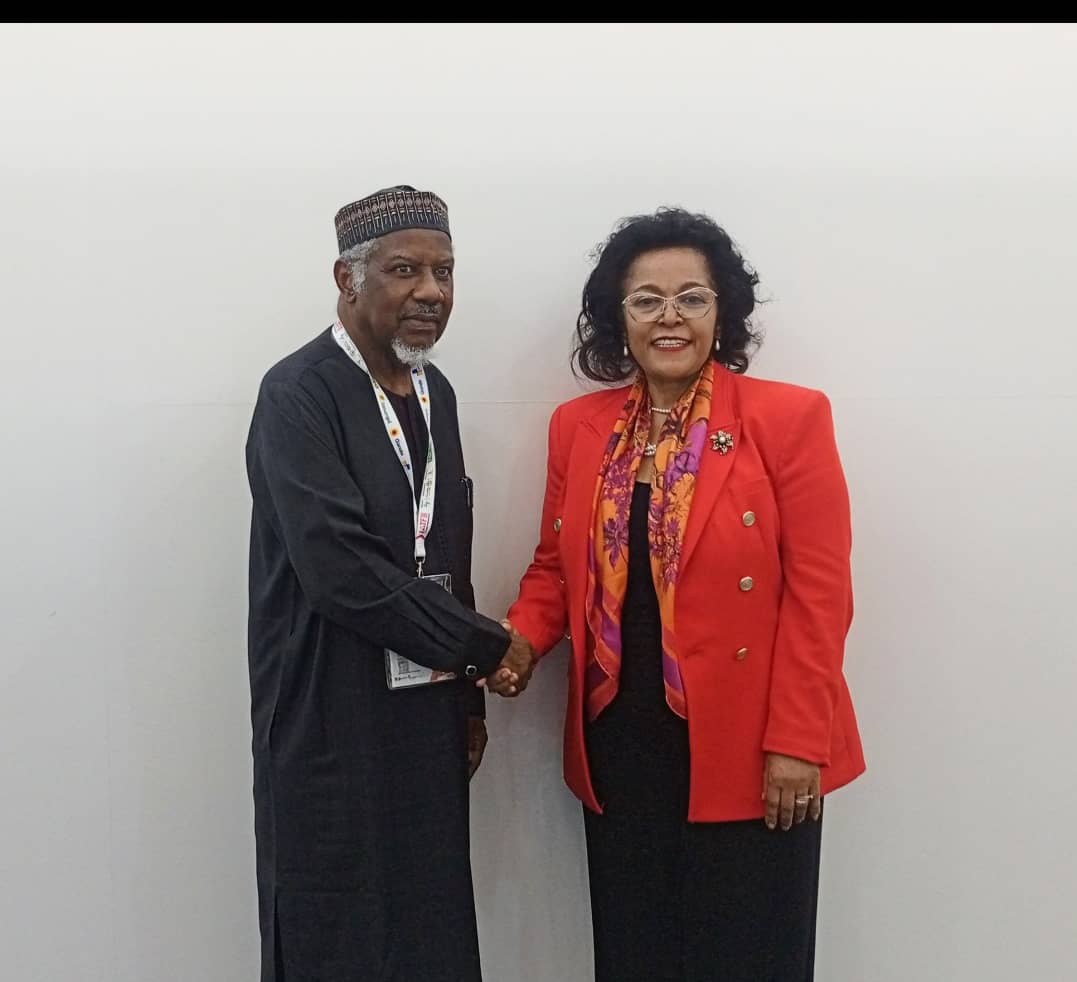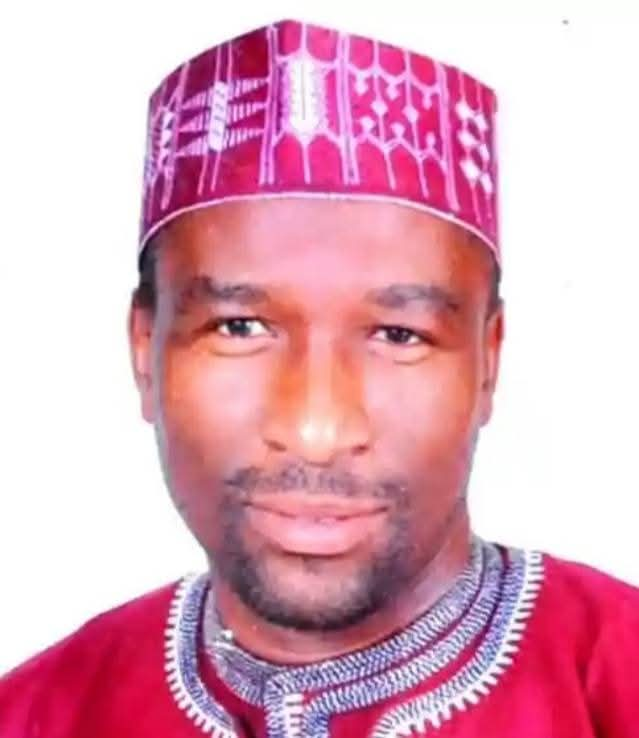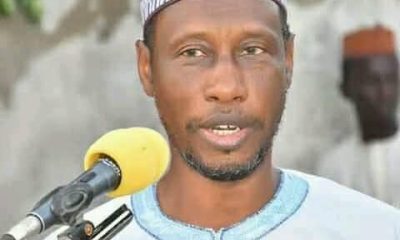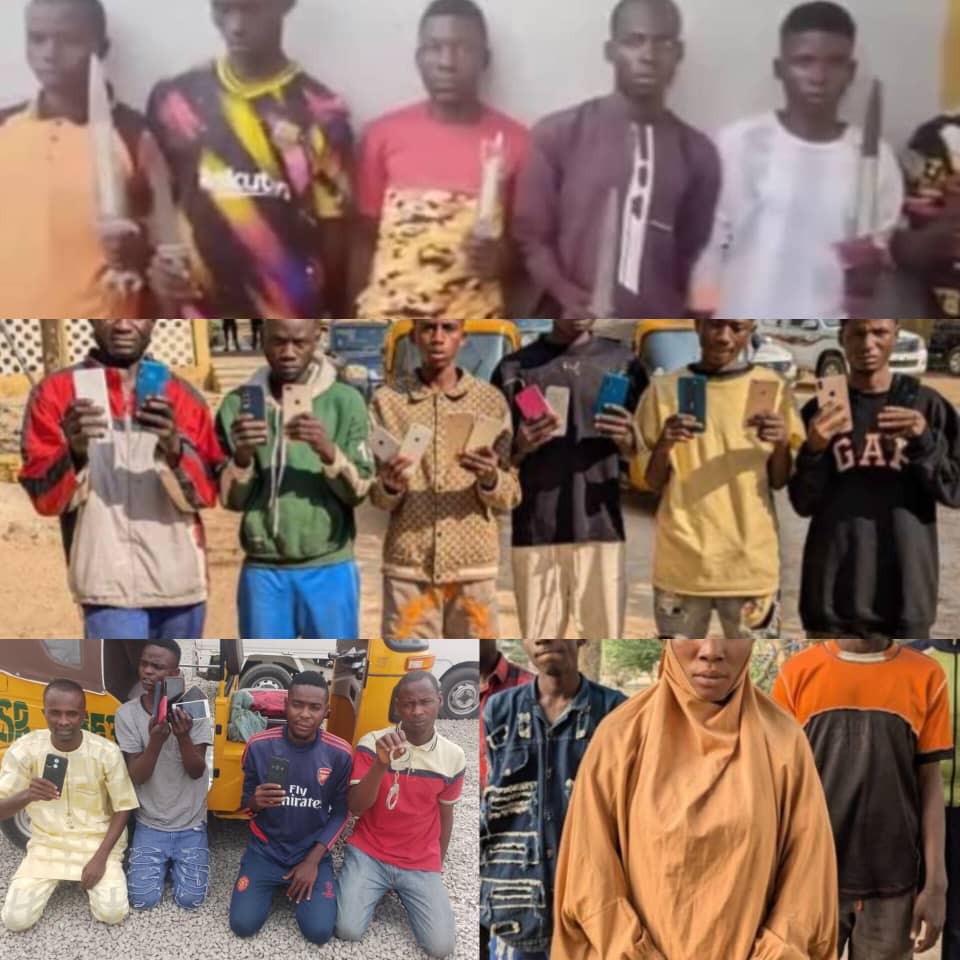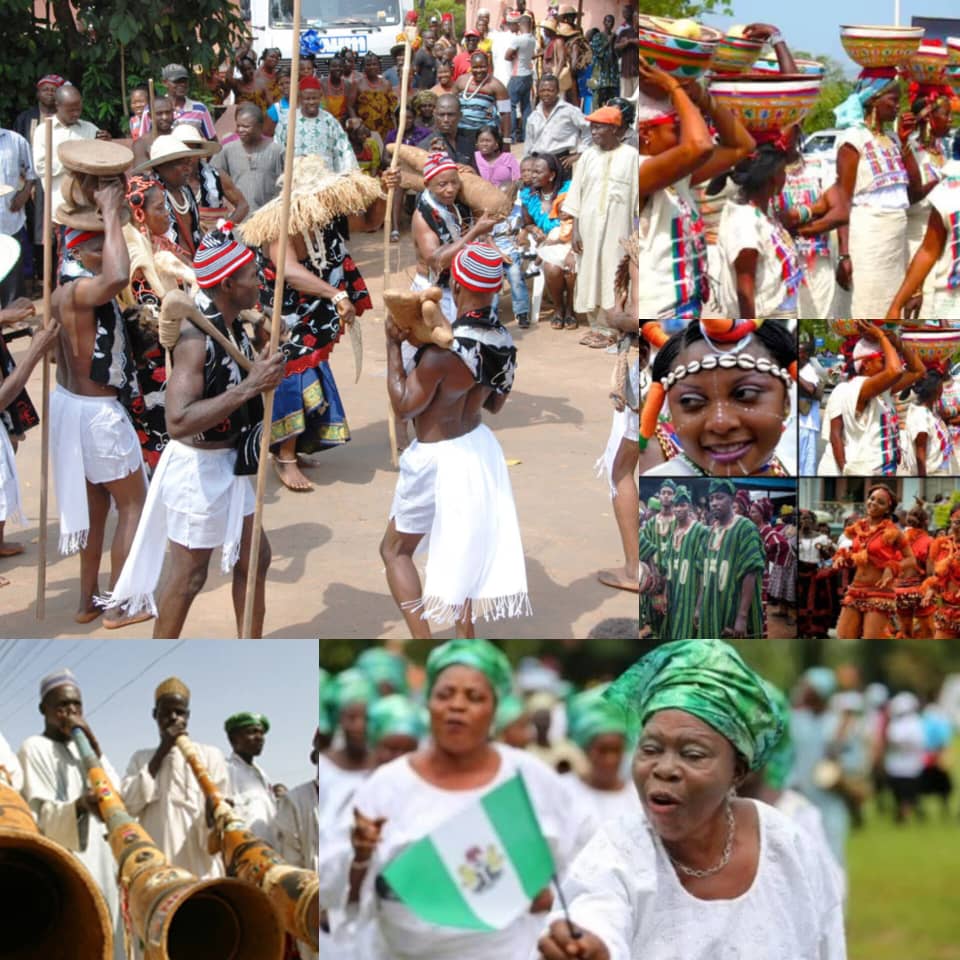By Muhammad Iskeel Abdullahi,
In the heart of Lagos or Abuja, it is not uncommon to stumble upon hotels named Maryland Suites, malls christened Heathrow Plaza, or estates tagged Hilton Park. These names, while sophisticated on the surface, reveal a deeper national malaise, a worrying identity crisis that has crept into the very foundations of Nigerian enterprise. Increasingly, Nigerians are throwing patriotism to the winds by naming indigenous businesses after foreign cities, counties, and landmarks while neglecting our rich reservoir of cultural, geographic, and historical identity.
It is both ironic and disheartening that in a country brimming with diverse towns, iconic rivers, majestic mountains, and culturally resonant names, many entrepreneurs and developers deliberately shun these names in favour of foreign ones. Why would a mall in Enugu be named Paris Gardens when Milken Hills Plaza would have echoed both relevance and pride? What makes Beverly Hills Estate in Port Harcourt more appealing than Bonny View Estate?
Read Also: The Misguided Trend of Marker Day in Nigerian Secondary Schools
Perhaps it’s the colonial hangover and enduring illusion that foreignness connotes class, modernity, or trust. For many business owners, slapping an English, French, or American name on their venture is a branding strategy. But beneath that glossy exterior lies a troubling narrative: the devaluation of Nigerian identity.
This naming trend is more than just a branding quirk; it’s a subtle but powerful erasure of local relevance. It reflects a broader societal mindset that idolizes the West and sidelines the beauty, richness, and pride of the homeland. It’s not about banning foreign names but about interrogating why they dominate so easily in a country with such vast cultural capital. A visit to major Nigerian cities would reveal hundreds of London Suites, Manhattan Residences, and Miami Lounge, but where are the Zaria Inn, Idanre Heights, or Shere Hills Apartments?
Read Also: Abuja-Kaduna Train: A Journey of Neglect, Disrespect, Discomfort
There is a psychological dimension to this pattern. Names have power. They create identity, evoke pride, and build emotional connections. When we call our businesses Brooklyn Villas or Dubai Towers, we indirectly teach the younger generation that greatness, beauty, and prestige are foreign concepts. We reinforce the belief that Nigerian names are not classy enough, not marketable enough, and not desirable enough. And that, sadly, is where patriotism gets thrown to the winds.
Amidst the trend of adopting foreign names for businesses, many patriotic Nigerian entrepreneurs, both big and small, have chosen to proudly identify their brands with indigenous names rooted in our rich heritage. Giants like Dangote Group, BUA, and Geregu Power (owned by the Otedolas) have set the pace by using names that resonate with local identity and pride. At the grassroots, small businesses such as Iya Basira Canteen in Lagos, Zuma Fashion House in Abuja, Ogene Sounds in Enugu, and Arewa Couture in Kano have followed suit, reflecting cultural authenticity and connecting more deeply with their communities.
Read Also: Overheating the Polity : A Call for Constructive Engagement
These choices demonstrate that success does not lie in foreign branding but in staying true to one’s roots, projecting confidence in our languages, history, and identity.
Yet, Nigerian toponyms are not short of grandeur. Imagine a boutique named Obudu Haven, a restaurant called Argungu Kitchen, or a hotel chain known as Kajuru Castle Suites. These names do not just sound authentic; they tell stories. They evoke curiosity and spark cultural conversations. They create a sense of rootedness that money can’t buy.
As media practitioners, developers, and citizens, we must begin to champion a conscious naming culture that celebrates our heritage. Our lakes, towns, rivers, hills, and heroes deserve to live on, not just in history books or school recitations, but on billboards, signposts, and business cards. Let’s name our companies after Lokoja, Biu, Ofada, Jebba, or Nkwerre, and give them the global pride we so easily reserve for foreign monikers.
Government agencies and branding experts should also rise to the challenge by encouraging cultural branding and providing incentives for businesses that adopt indigenous names. Schools must teach more about our geography, and our media must elevate and normalize these names in everyday conversations.
Patriotism is not always about waving the flag or singing the anthem. Sometimes, it’s as simple and profound as naming your dream business after the land that gave you breath. Nigeria is not lacking in beauty, only in belief. The sooner we realize this, the more prouder, stronger, and more self-defined we become.
Read Also: Enhancing Passenger Comfort: Addressing Air-Conditioning Concerns at Kubwa Train Station
Let us reclaim our names, our identities, and our pride. Let us stop exporting relevance and start importing dignity.
Muhammad Iskeel Abdullahi, is Convener of Journalists For Development.l and Public Affairs Analyst

